Companies offering comprehensive training programs have 218% higher income
per employee than companies without formalized training.*
*Source = ATD (Association for Talent Development)
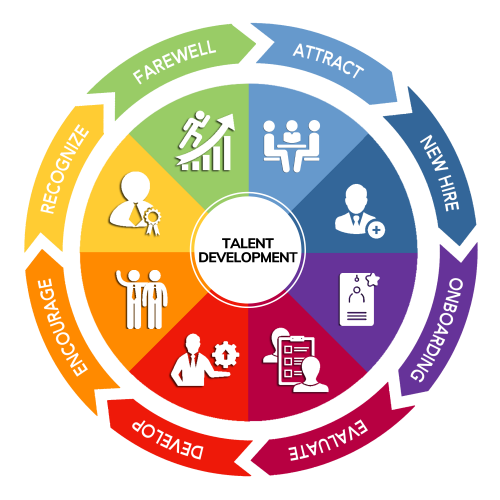
On the left side is a infographic on the various stages of the talent development cycle. We added some bullets for a better understanding of our expertise in those different stages.
According to Gartner it is no longer enough to focus on customer experience as a competitive advantage. The next competitive frontier is ensuring high employee experience throughout the talent development process.
Find questions we ask our clients to support them in developing a succinct strategy and devising a plan to follow through in each phase. Some phases provide numbers to show the effect the lack of focus/strategy can bring:
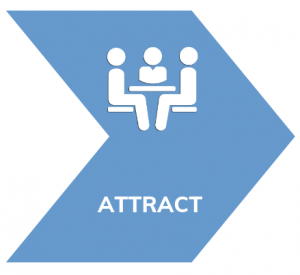
◦ Focus on your Employer Branding: what makes your company unique to work for?
◦ What is the culture like and who which candidate would be the best fit?
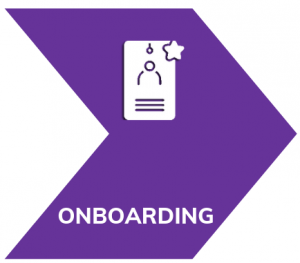
◦ What is your onboarding process?
◦ Is there a 30-60-90 day plan?
◦ Without (bad) employer onboarding companies lose 25% of new employees within a year.
* Source = Allied Workforce Mobility Survey)
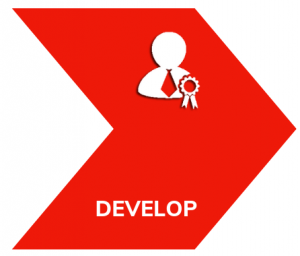
◦ CEO to CFO: ” We should develop our people”
◦ CFO to CEO :”What if they leave?”
◦ CEO to CFO: ” What if they stay?”
◦ Employee development is strongly linked with job satisfaction and morale.
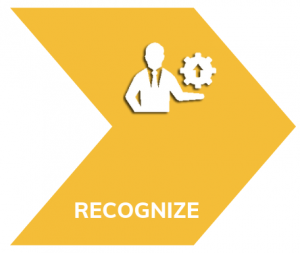
◦ We all know that motivated employees lead to increased productivity and allow companies to achieve high levels of output – what is your strategy?
◦ Do you recognize the excellent behavior and how is your feedback culture?
◦ How empowered are your leaders in having difficult conversations and improving team dynamics?
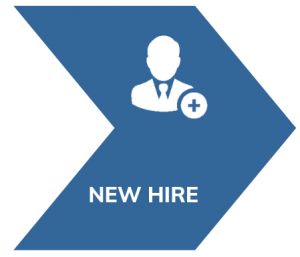
◦ What are the core values you are looking for in an employee and what experience? Preferably focusing on this order, since experience and skills can be acquired, but you can’t change a candidates core values.
◦ What is the future backwards resume for this candidate? How will you evaluate their success?
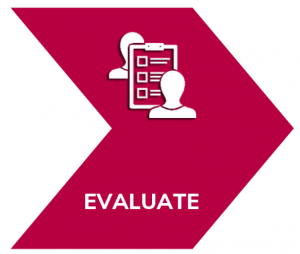
◦ Performance evaluation benefits both the employer and the company.
◦ Gallup has conducted worldwide surveys that tie employee engagement closely to how much the employer knows what is expected of them.
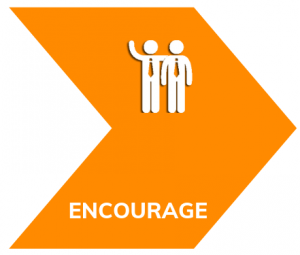
◦ How does your company culture encourage and foster behavior that motivates each member?
◦ Encouragement helps employees to learn and grow, thriving cultures have a process and culture built around it.
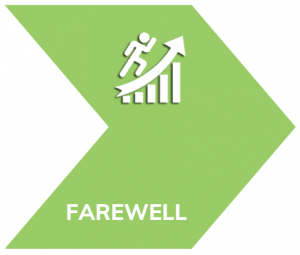
◦ Do you have mentoring programs in place?
◦ Do you have a talent grid and know whom to let go?
Schedule your free 30-min consultation with one of our Coaches/ Consultants to talk about your talent development needs.
Culture expresses goals through values and beliefs and guides activity through shared assumptions and group norms. Culture is anchored in unspoken behaviors, mindsets, and social patterns. When properly aligned with personal values, drives, and needs, culture can unleash tremendous amounts of energy toward a shared purpose and foster an organization’s capacity to thrive. Culture is behavior and behavioral changes take time (studies show that depending on the scope of change this can be anywhere between min. 3 months (with an intense focus) – 2 years). Best results are creating a learning culture that is agile.
the employee behavior that drives your success
2. Ritualize
practice of your fundamentals
3. Select
people that are the right fit for your culture/ values/ competencies
4. Integrate
onboarding of new employees into your culture
5. Communicate
throughout the organization and continuously and ….
6. Coach
to reinforce your culture and practice supporting behavior
7. Lead
your culture by example, by your leaders AND managers
8. Drive & Measure
through accountability, roll-out and measure, lessons learned